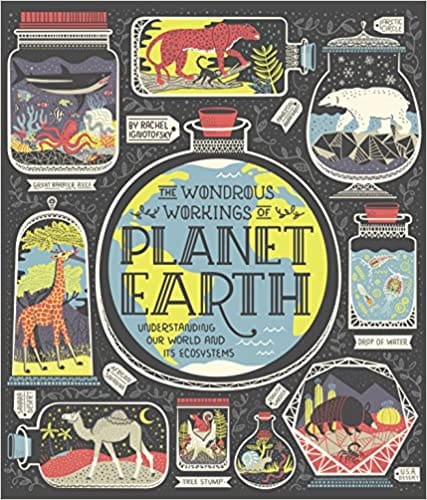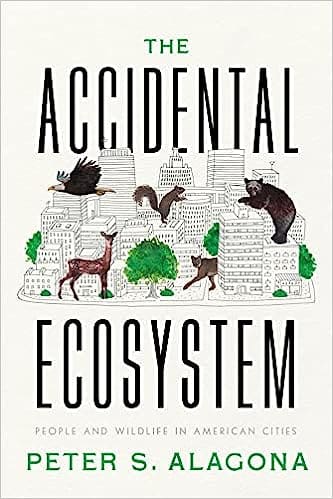Definition
An ecosystem is a community of living organisms in conjunction with the nonliving components of their environment, interacting as a system.
Expanded Explanation
Ecosystems can be of varying sizes and can be marine, terrestrial, or freshwater. They include both the biological community (biotic) and physical (abiotic) components of the environment. These intricate systems play a crucial role in life on Earth.
Types of Ecosystems
There are numerous types of ecosystems worldwide, including forests, grasslands, deserts, tundra, freshwater (rivers, lakes, and ponds), and marine (oceans, coral reefs, and estuaries). Each ecosystem has its unique collection of species, climate, and interactions.
Ecosystem Services
Ecosystems provide numerous benefits, known as ecosystem services. These include provisioning services like food and water; regulating services such as control of climate and disease; supporting services, such as nutrient cycles and crop pollination; and cultural services, such as spiritual and recreational benefits.
Examples
- Example 1: A rainforest is an example of a terrestrial ecosystem with a wide variety of species, high rainfall, and dense vegetation.
- Example 2: A coral reef is an example of a marine ecosystem that houses a multitude of marine species and is characterized by the presence of coral polyps that form a structure for other organisms.
Related Terms
Visual Aids
External Resources
Related Articles From Sunnydaysgo.com
- Why We Need to Protect Ecosystem Services Now More Than Ever ↗
- The Importance of Biodiversity Conservation You Need to Know ↗

